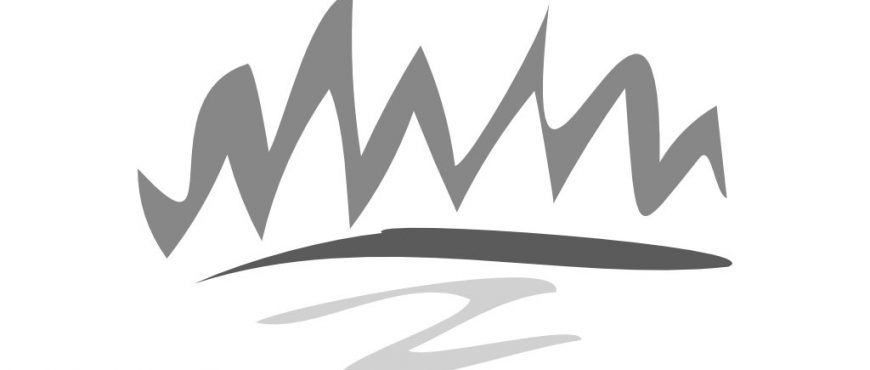Fuel reduction efforts examined
VICTORIA – The Forest Practices Board will investigate how much progress communities have made in reducing forest fuels in the wildland-urban interface. The investigation is a follow-up to a report the Board published in February 2010.
“We decided earlier this year that it was time to take a look and see what has happened since our first report came out,” said board chair Tim Ryan. “The number of fires so far this summer has shown this is an urgent topic for the board to revisit and report on to the public.”
The earlier report examined fuel reduction treatments at 50 sites across the province, and included interviews with local governments, the First Nations Emergency Services Society, the B.C. Wildfire Management Branch, and consultants working on fuel treatment projects. It noted that good progress had been made, but much work remains to be done.
This investigation will revisit some of those same sites to assess how effective the fuel treatments were. More recent treatment sites will also be examined and interviews with communities, government staff and fire experts will be conducted to assess fuel reduction progress over the last five years.
“Preventive treatments to reduce wildfire risk and severity are one of the best things we can do to protect communities,” said Ryan. “We previously identified best practices for local governments, consultants and citizens and we are hoping to find that they are being followed.”
The board will be seeking input from communities as part of the project. However, given the current fire situation in the province, most field work likely won’t proceed until the fall, when more staff and experts are available to provide input to the project.
The Forest Practices Board is B.C.’s independent watchdog for sound forest and range practices, reporting its findings and recommendations directly to the public and government. The board can investigate and report on current forestry and range issues and make recommendations for improvement to practices and legislation.
More information can be obtained by contacting:
Darlene Oman
Communications
Forest Practices Board
Phone: 250 213-4705 / 1 800 994-5899
July 30, 2014
Related Reports


